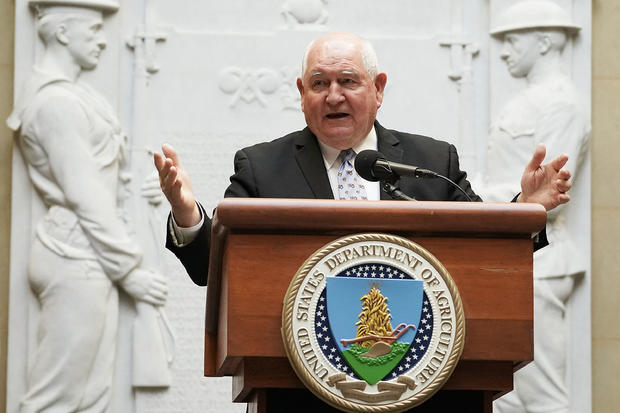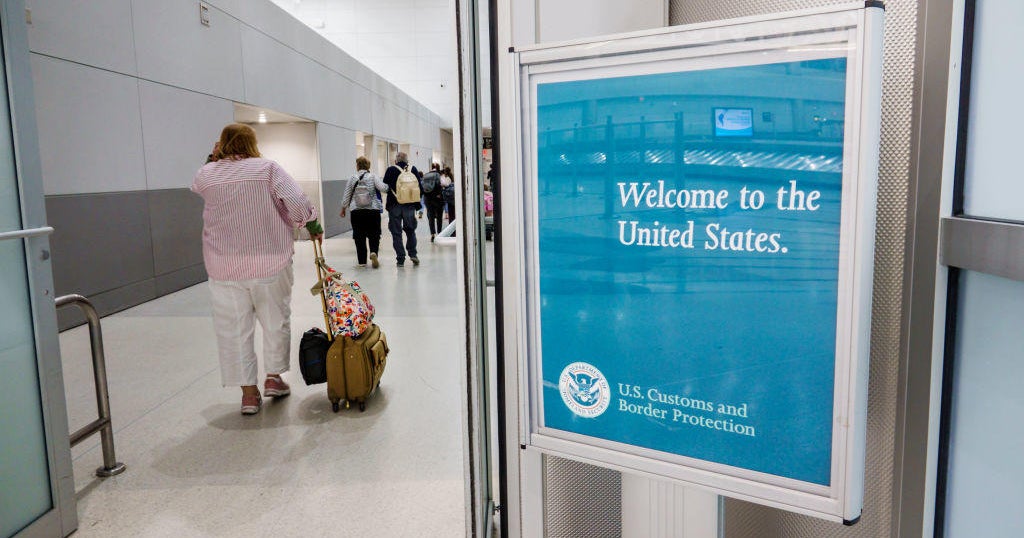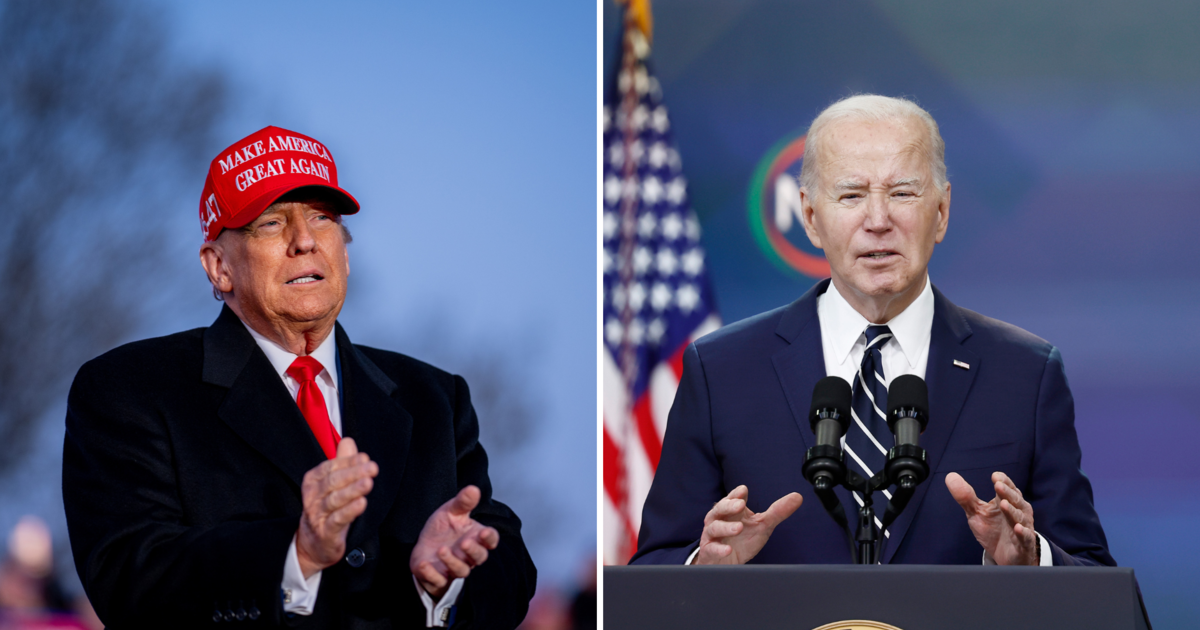Under pressure, USDA extends flexible free school meals for kids program
Under pressure from lawmakers, the U.S. Department of Agriculture announced Monday that it was reversing course and would extend at least through the autumn the flexible free school meals program helping to keep millions of kids fed amid the coronavirus pandemic. Some of the options granted to meal providers over the summer, including flexibility to allow parents and carers to collect free meals at any school, even without the children present, had been set to expire at the start of September.
As recently as mid-August, Secretary of Agriculture Sonny Perdue told U.S. Senator Debbie Stabenow of Michigan that extending the full scope of the free meals for kids program beyond August would go "beyond what USDA currently has the authority to implement and would be closer to a universal school meals program which Congress has not authorized or funded."
On Monday, however, Purdue said in a statement released by the USDA that his agency was "extending summer meal program flexibilities for as long as we can, legally and financially." The statement said the millions of families that rely on the program would be able to do so until as late as the end of the year, depending on how long the funding already allocated by Congress lasts.
According to the statement, the USDA is "extending a suite of nationwide waivers for the Summer Food Service Program (SFSP) and Seamless Summer Option (SSO) through the end of 2020, or until available funding runs out. This includes:
- Allowing SFSP and SSO meals to be served in all areas and at no cost;
- Permitting meals to be served outside of the typically-required group settings and meal times;
- Waiving meal pattern requirements as necessary; and
- Allowing parents and guardians to pick-up meals for their children."
The agency said the "unprecedented move will help ensure — no matter what the situation is on-the-ground — children have access to nutritious food as the country recovers from the COVID-19 pandemic."
Under the USDA's National School Lunch Program (NSLP), almost 30 million children get free or reduced-price meals at school due to low family income. While figures aren't available yet, it's widely assumed that with the mass-furloughing and work losses caused by the COVID-19 pandemic, even more families will be relying on school meals to meet their children's nutritional needs.
Stabenow was just one of the lawmakers and education officials across the country who had warned that millions of families could struggle to keep their kids fed if the full flexibility of the Summer Food Service Program ended this month, especially with the virus forcing many school districts to opt for continued remote learning.
"This is really, really important. We are not done with this pandemic. We are still in the middle of it, and families in Michigan and across the country are facing incredible hardships," Stabenow told reporters during a virtual news conference one week ago. "Some children get their only meals at school. We have about 800,000 children traditionally in Michigan who had been in that category."
A week earlier, Republican Senator Pat Roberts of Kansas, who chairs the Senate Committee on Agricultural, Nutrition and Forestry, sent Purdue a letter co-signed by 19 other U.S. Senators urging the USDA to extend the full flexibility of the meals for kids program.
On Monday, Roberts released a statement saying: "I applaud USDA's work with state agencies, schools, and non-school sponsoring organizations to collaboratively provide meals through the Department's child nutrition programs when schools were unexpectedly closed in the spring, through the summer, and now again as schools wrestle with these challenges as the school year begins."
According to the agriculture committee, the authority to extend the waivers used to fund the school meals program fall under powers granted to the USDA by Congress with the Families First Coronavirus Response Act, which President Trump signed into law in mid-March.





